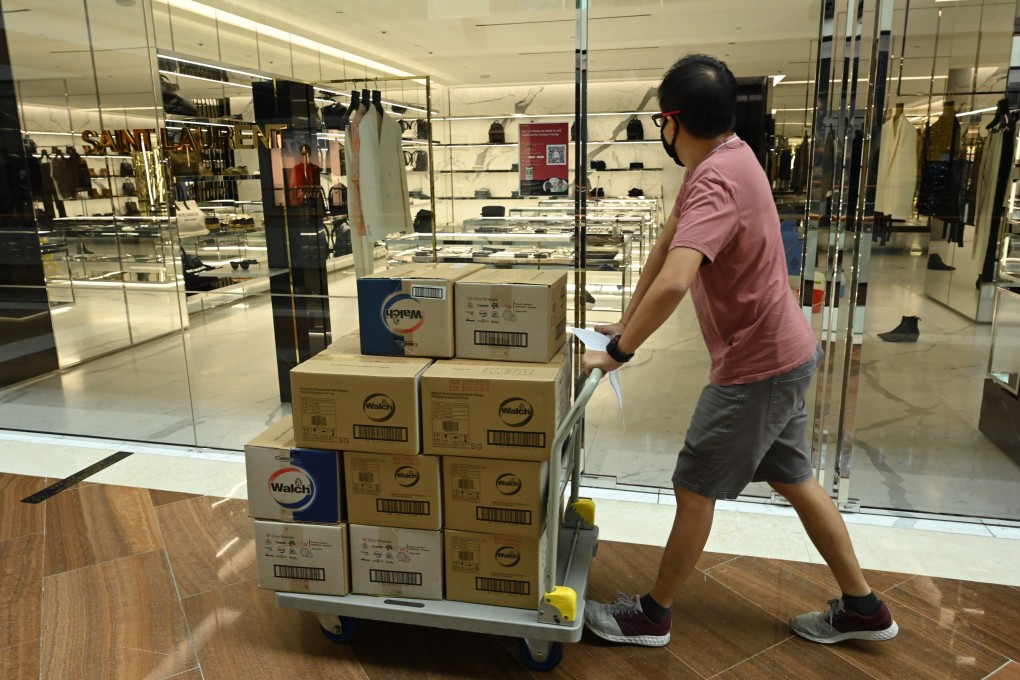Singaporeans return to work, using smartphone apps and QR codes to fight coronavirus
- Singapore, along with Taiwan, South Korea and China, was quick to embrace technology to map the coronavirus outbreak early on with contact tracing, robots and drones
- Singapore has also started handing out Bluetooth-enabled contact tracing devices, starting with elderly people who are vulnerable to infection and may not own smartphones

To go anywhere in Singapore these days, Joni Sng needs mobile phone apps and other technologies: a QR code to enter shops, a digital map to see how crowded a mall or park is, and a tracker to show if she was near someone infected with the coronavirus.
“The apps are quite convenient and easy to use, and I feel a little safer knowing that everyone else is also using them,” said Sng, a videographer. “It has become very natural to click on the apps while going somewhere, just like wearing a mask.”
Singapore, along with Taiwan, South Korea and China, was quick to embrace technology to map the coronavirus outbreak early on with contact tracing, robots and drones.
Now, countries and businesses are mandating technologies as people return to work and begin to travel, with apps, scanners, check-in systems, and so-called immunity passports.
These are particularly needed in big cities that tend to be more densely populated, with more points of contact for the population, ranging from public transit to bars and restaurants.
“As Singapore restarts its economy, data-driven tech solutions will play a crucial role in helping the nation safely and successfully get back on its feet,” Singapore’s Government Technology Agency said in a statement last week.